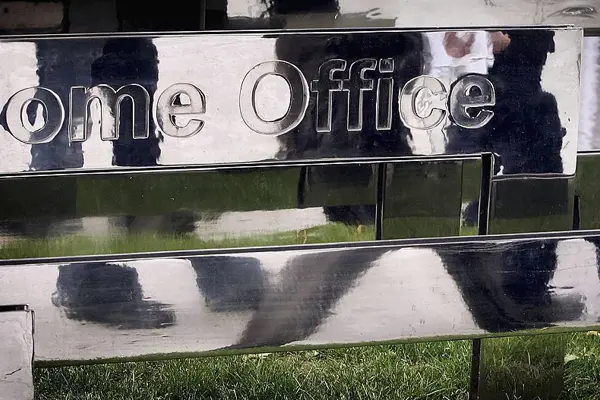
The Digital, Culture, Media and Sport Committee publishes its report on Concussion in Sport
The Digital, Culture, Media and Sport Committee (DCMS) have today published their long-awaited report on their inquiry into the problem of concussion and sport and set out a series of recommendations.
Posted on 22 July 2021
The inquiry began in March following the 2019 FIELD study which found professional footballers were three and a half times more likely to die of neurodegenerative disease than other people of a similar age.
The report has been highly critical of the approach adopted thus far and the failure for the issue of concussion in sport to be appropriately addressed.
DCMS committee chair Julian Knight MP has said of the outcome of the inquiry:
“We’ve been shocked by evidence from athletes who suffered head trauma, putting their future health on the line in the interests of achieving sporting success for the UK.
“What is astounding is that when it comes to reducing the risks of brain injury, sport has been allowed to mark its own homework.
“The Health and Safety Executive is responsible by law, however risk management appears to have been delegated to the National Governing Bodies, such as the FA. That is a dereliction of duty which must change.
“The failure by these sporting organisations to address the issue of acquired brain injury is compounded by a lack of action by Government. Too often it has failed to take action on player welfare and instead relied on unaccountable sporting bodies.
“As concerning is grassroots sport with mass participation where we’ve found negligible effort to track brain injuries and monitor long-term impacts.”
The key recommendations made by the committee include:
- That NHS England, in collaboration with the Faculty of Exercise and Sport Medicine, prepares a learning module on the best practice for treating and advising those who present with concussive trauma and ensure that all General Practice and Accident & Emergency practitioners take this module within the next 2 years.
- That a more precautionary approach is taken and a greater proportion of the money spent on elite sport is focussed on protecting the athletes. They also recommend that UK Sport fund a chief medical officer to attend events, like the Olympics, who will hold over-arching responsibility to assess the application of protocols and make decisions on who should be allowed to continue to compete in the event of injuries, including head trauma, sustained in practice and competition.
- That the Health and Safety Executive should work with National Governing Bodies of all sports to establish, by July 2022, a national framework for the reporting of sporting injuries.
- That the Government uses its power to convene interested parties and establish a single research fund that will co-ordinate and fund research and incentivise sport and other groups to contribute to this fund.
- That the Government convene its own specialist group on concussion, drawing on campaign groups, relevant scientific expertise and sporting institutes to assess, every four years, the emerging science on this issue with its priority on taking a precautionary approach to safety.
- That the Government look to develop in the next 12 months, a UK protocol for concussion across all sport for use by National Governing Bodies as the minimum standard in creating the rules for their sport.
Tina Patel, a leading consumer rights specialist at Leigh Day has welcomed the recommendations by the DCMS. She said:
“These recommendations are well overdue, it is imperative that the government takes immediate action to implement these in a collaborative approach together with the various regulatory sporting bodies as quickly as possible to ensure the safety of players across all sports. These measures may avoid players possibly suffering from dementia later on in life.”


